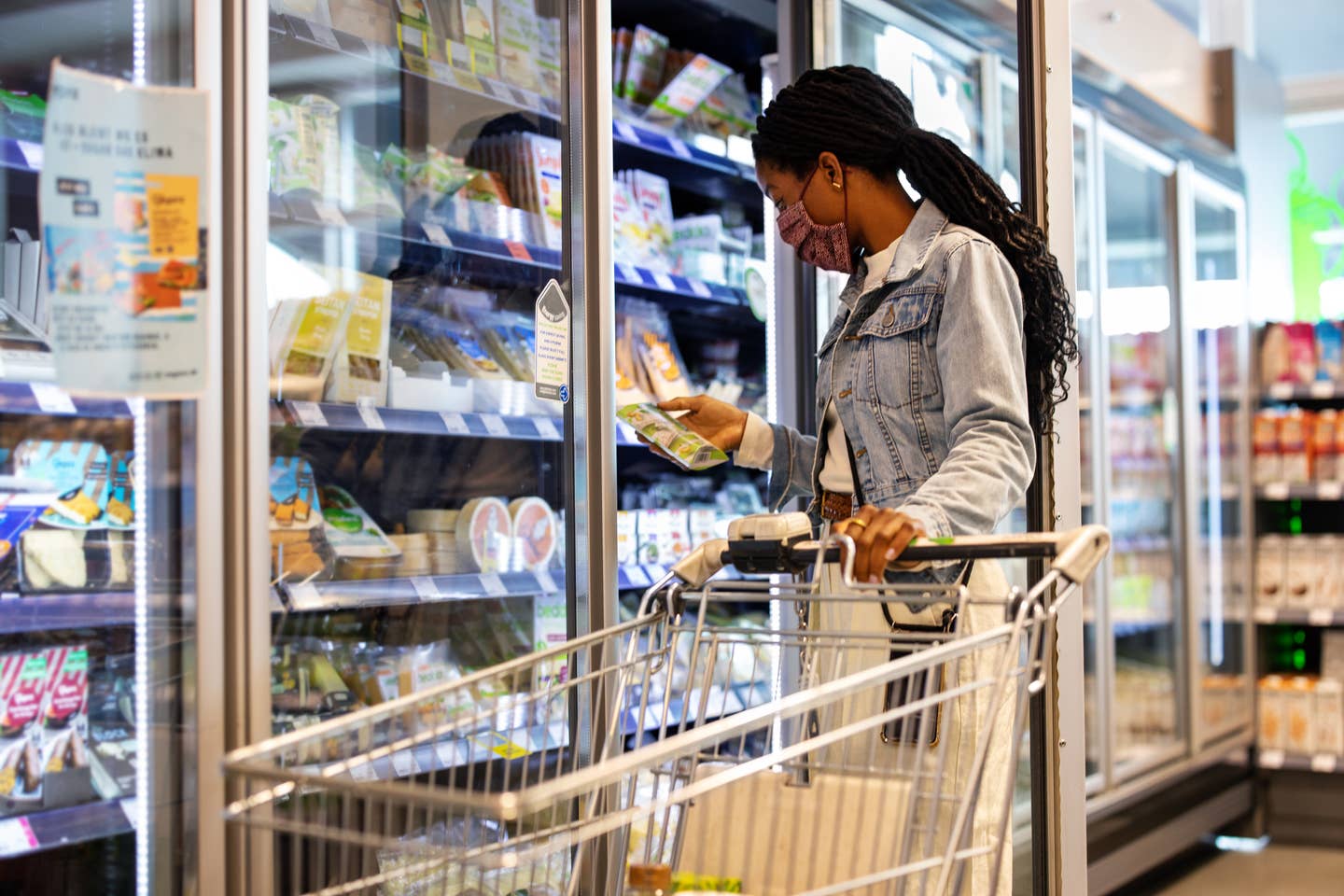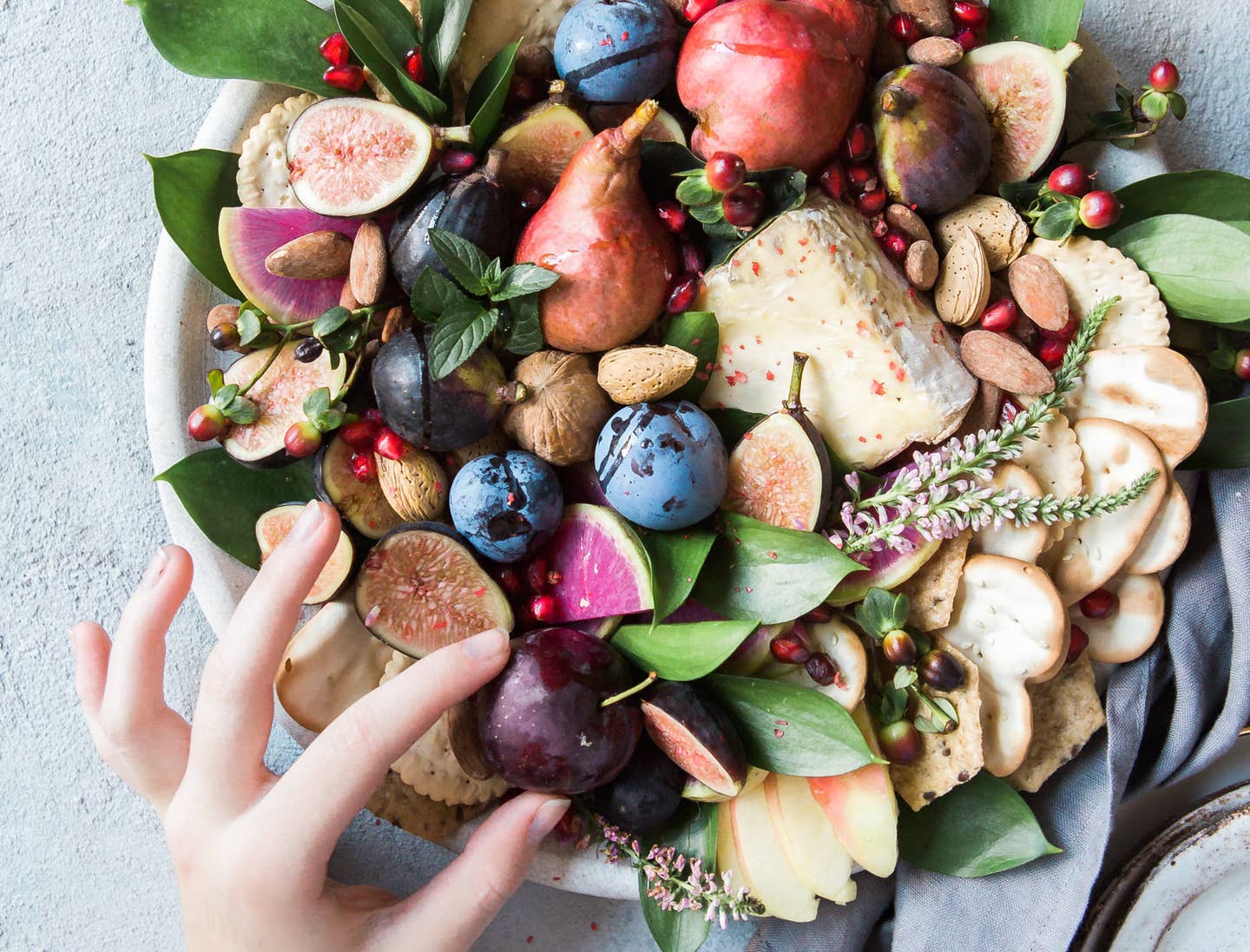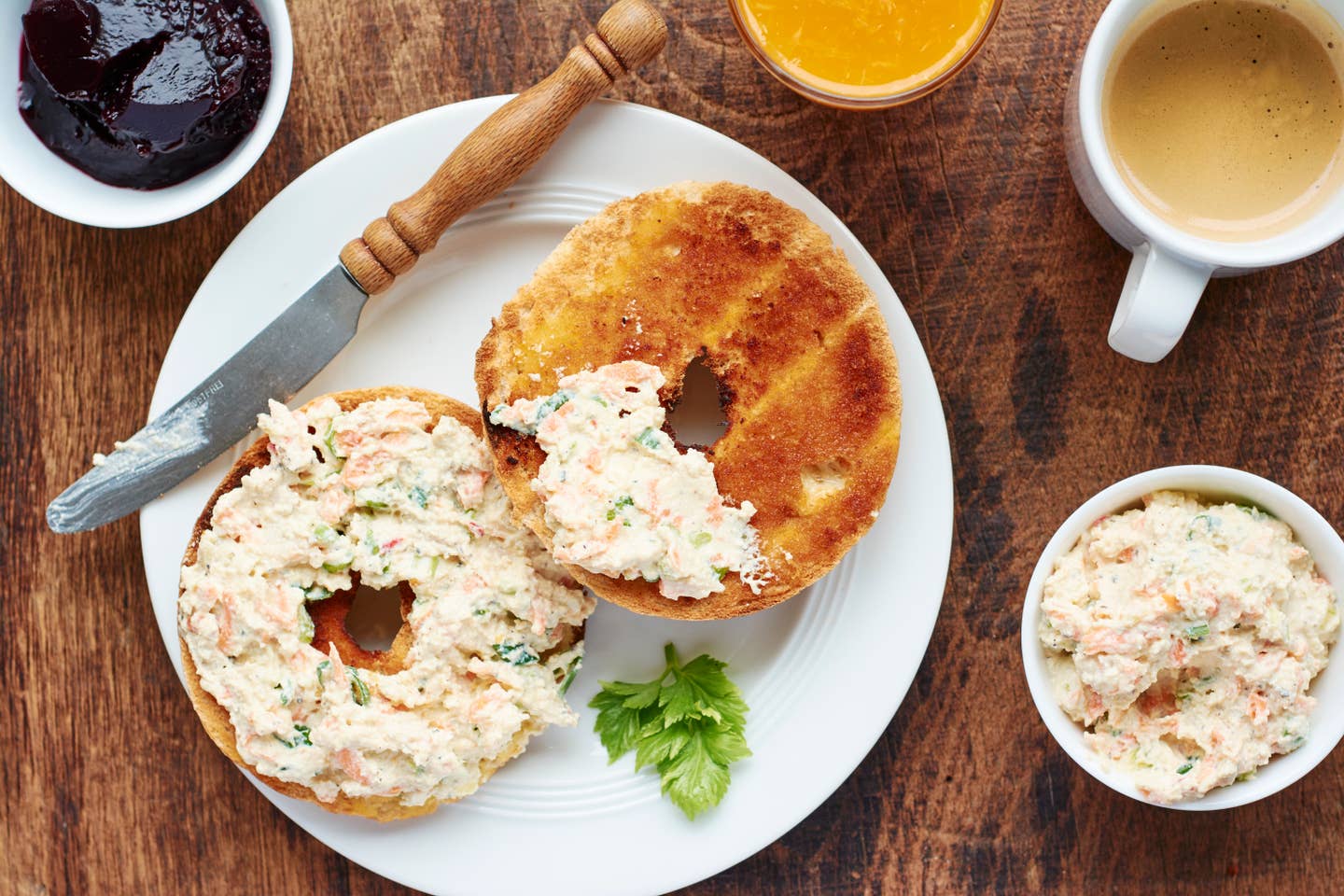
A Dietician’s Guide to Choosing the Best Packaged Foods
Pre-packaged foods often tout health benefits, but when you check the label they are full of added sugar, saturated fat, and chemicals. Now Registered Dietician Nicole Osinga helps break it down for you, so finding healthy packaged foods has never been easier.
The next time you're at the grocery store searching for crackers, pasta, cereals, and snacks, reach for this handy supermarket guide created by Nicole Osinga, RD, who also helped create The Beet's Plant-Based Diet, a two-week meal plan designed to help you lose weight naturally.
We live in the world of misleading marketing: It's easy to convince yourself that you're eating healthy when most packages try to hide the fact that products are full of added sugar and preservatives by touting healthy-sounding buzzwords like "vegan," "gluten-free," "low sugar," and "natural flavoring." That's why it's important to read nutrition labels since some of the worst ingredients for heart health fall into so-called "healthy" food categories.
When you buy a vegan butter that has the first ingredient as a mix of oils including coconut oil, you're getting 50 percent more unhealthy saturated fat than in a regular stick of butter. If a low-calorie food or drink contains the artificial sweetener aspartame, your body breaks it down and releases formaldehyde into your system.
Many different so-called healthy products use additives and preservatives as replacements for more caloric ingredients. That's why we asked Nicole Osinga, RD, to scour the shelves of the supermarket and break it down for us. Here is her best advice on what's healthy, what's horrible, and how to find the truly healthy food at the market, and leave the rest on the shelf.
Her advice: turn the item around and read the back. When reading a food label, look at the ingredients list and make sure it's short and devoid of chemicals or anything you can't pronounce or don't know what it does. Then check the percentage of fiber – the more the better, since fiber promotes gut health, feelings of satiety, and natural, healthy weight loss.
In this helpful video, Osinga takes us through her local grocery store and points out which pre-packaged foods we should avoid with a simple explanation of why each one is unhealthy. She follows up with a healthier product you'll want to buy instead, and why it's better for us.
How to Choose the Healthiest Plant Protein
Select protein powders with a short list of simple ingredients, which include one complete plant-based protein (such as pea or hemp protein) and minimal added sugars or artificial sweeteners.
Pre-Packed Plant Proteins to Avoid
- Nutiva Plant Protein (long list of ingredients)
- Hemp Yeah! Max Protein (added sugar)
What to buy instead:
- Biosteel Plant-Based Protein (short ingredient list, low in sugar, no artificial sweeteners, and contains a complete protein – pea protein).
How to Choose the Healthiest Plant-Based Pasta
Try to pick up legume-based pasta (like chickpea or red lentil) that contain only that chickpea or red lentil as the single ingredient – that maximizes protein and fiber. Avoid plant-based pasta with added sugars, flours, and preservatives.
What NOT to buy:
- Naturalia Chickpea Fusilli (contains additives)
What to buy instead:
- Barilla Chickpea Rotini (only contains chickpea flour, and has 8 grams of fiber and 11 grams of protein)
How to Choose the Healthiest Plant-Based Crackers
Look for crackers that have whole grains, over 15 percent fiber, and are minimal saturated fat (less than 5 percent). Make sure the top three ingredients in your crackers do not contain oil. Look for ingredients you recognize.
What NOT to buy:
- Brenton Cracked Pepper + Olive Oil (Oil is the second ingredient and is low in fiber)
What to buy instead:
- Mary's Organic Super Seed Crackers (high in fiber and contains natural ingredients)
More Foods to Avoid According to Osinga, RD
- Coconut oil (high in saturated fat and can raise bad cholesterol)
- Sea salt (same amount of sodium as table salt, and is not fortified with iodine)
- Granola (typically high in sugar) Osgina suggests buying the nuts and seeds and making it yourself.
- Vitamin Water (contains high amounts of sugar, 32 grams per serving)
- Evive Smoothie Cubes (high in sugar and contains additives)
- Annie's Honey Nut O's cereal (high in sugar, 7 grams of sugar)
Bottom Line: Healthy Foods Can Be Terrible for You. What to Buy Instead
Always look at the back of a product, to read the label. Many packaged foods only pretend to be healthy but are full of added sugar, preservatives, and saturated fat. The front may say natural or low in sugar, but the nutrition label doesn't lie.
More From The Beet






